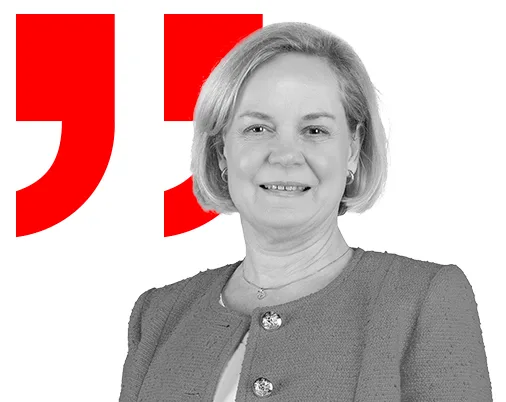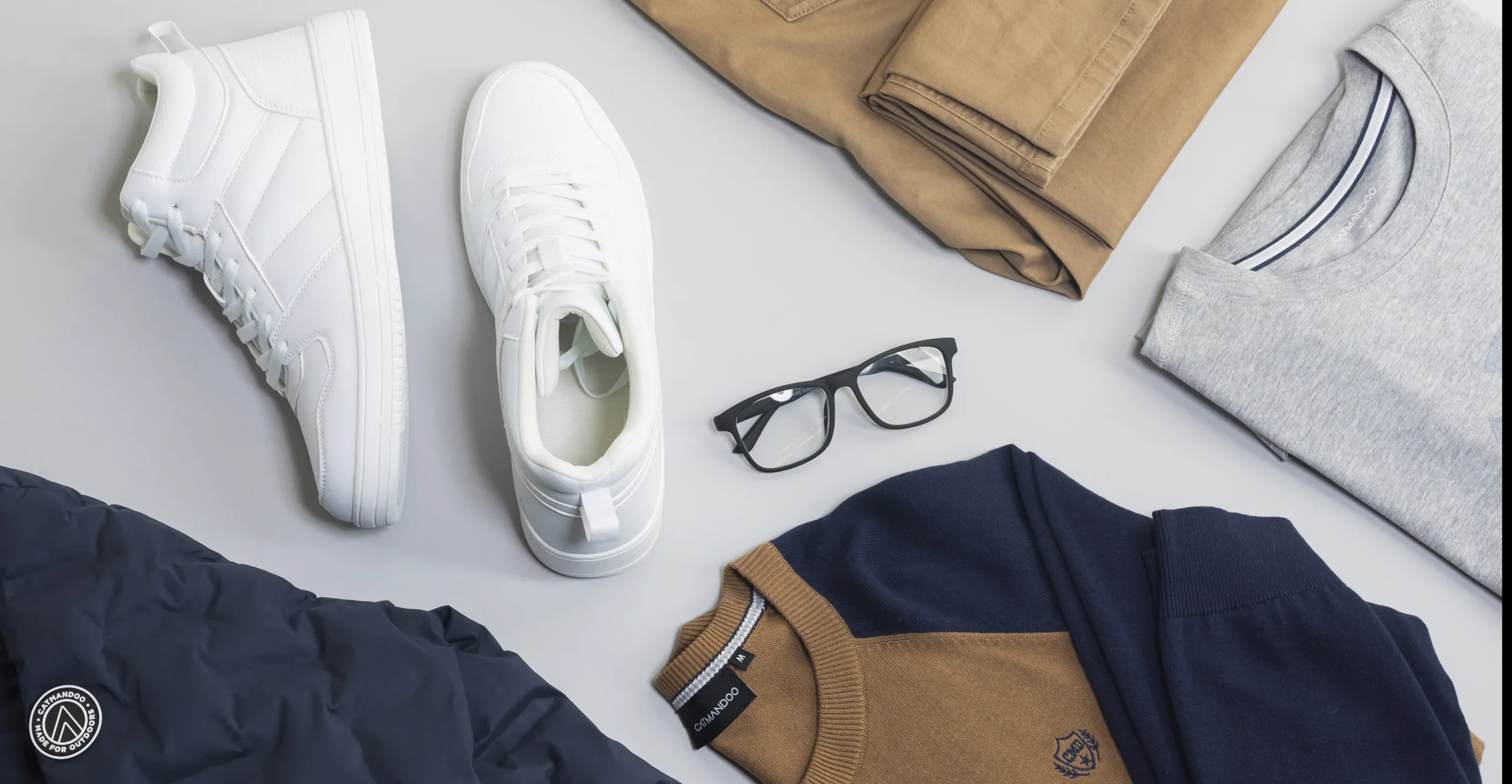
Sustainability policies and Certified Products

”We have defined cotton, wood, palm oil, fish and coffee as raw materials whose origin requires special attention,”
We have acted this way because the environmental and human rights risks in their production are significant.
Kaisa Mattson, Head of Sustainability
In 2020, we updated our policies for cotton and fish, and in 2021, we updated our policy for palm oil. In 2022, updated our policy for wood-based materials and defined a coffee policy. Progress in achieving these goals is reported yearly.
To ensure the origin and responsible production of raw materials, we strive to increase the number of certified products in our sortiment. We prioritise the following certificates: Nordic Swan Ecolabel, Organic, Natural cosmetics, MSC, FSC, PEFC and Rainforest Alliance.
We require our suppliers to report the country of origin of the selected high-risk raw materials (cotton, wood, palm oil and fish) and any sustainability certifications the related products might have, and, to provide additional information on the origin of the raw materials, if necessary.
Cotton policy
Cotton, especially in clothing and home textiles, is the world’s most widely manufactured natural fibre, and its production involves various environmental and human rights risks. We strive to do our part to reduce these risks.
Cotton from Turkmenistan and Xinjiang, China is prohibited due to risk of forced labour. We have therefore started to track origin of the cotton on region/province level in China from January 2021. In addition, products are not manufactured in Xinjiang either.
We joined the Better Cotton initiative in early 2021, supporting the development of cotton farming in a more environmentally friendly way. Better Cotton uses a mass balance system, and Better Cotton cotton is not physically traceable to the products.
In 2021, we made a policy that all the cotton we source for our own private label products had to be produced more sustainably by the end of 2024. All the cotton in our own private label products therefore had to be organic, recycled, Fairtrade-certified or in line with Better Cotton. At the end of 2024, 54.5% (2023: 39.1%) of the cotton in our private label products was sourced more sustainably than before, and 50.9%* (2023: 36.9%) of this cotton was produced in line with Better Cotton, while 0.3% (2023: 0.8%) was organic cotton and 3.3% (2023: 1.4%) recycled cotton. The aim of 100% was not achieved. Therefore, we will continue to develop the sourcing of more sustainable cotton and data collection in line with our policy during 2025.
* Reporting follows Better Cotton platform’s data. In Tokmanni’s internal systems, the share of Better Cotton of total cotton consumption is significantly higher. Improvement measures to internal calculation will be implemented during 2025.
Palm oil policy
Palm oil is a controversial raw material. New palm oil plantations threaten biodiversity and palm oil production may be associated with human rights violations. On the other hand, oil palm is the most productive of oilseeds, i.e., the same amount of oil is obtained from a smaller area. Palm oil is also a significant source of income in its production area. Promoting more sustainable palm oil production is therefore important.
In Tokmanni variety discount retail chain’s products, palm oil can be found in food and candles. In addition, raw materials made from palm oil (i.e., palm oil derivatives), such as surfactants, are used in washing and cleaning products as well as in cosmetics.
We are committed to ensuring that palm oil in our private label products is RSPO-certified (Mass Balance [MB], Segregated [SG] ja Identity Preserved [ID]) by the end of 2021. In addition, we will increase the use of RSPO-certified palm oil derivatives in our private label cosmetics as well as washing and cleaning products.
In 2021, we launched our first cosmetics products, the Pisara Skin Menu -range, that contained RSPO-certified raw materials.
At the end of 2023, 100% of palm oil in our private label products was RSPO-certified. At the end of 2023, we offered 16 (2022: 16) personal care and cleaning products with RSPO-certified palm oil derivated.
Roundtable on Sustainable Palm Oil is a non-profit association that promotes responsible palm oil production and considers both ecological, social and economic aspects. RSPO certified palm oil is therefore a more responsible option. Our Tokmanni variety discount retail chain joined the RSPO at the beginning of 2021.
Fish policy
Our updated fish policy is based on WWF seafood guide. The origin of the fish in all our fish products must always be known and we do not accept fish species that are on the WWF seafood guide red list. In addition, we promote fish species on the WWF seafood guide green list as well as domestic fish.
We are committed that the fish in our private label products is caught responsibly. This means that they have MSC (Marine Stewardship Council) or ASC (Aquaculture Stewardship Council) certificate or is documented not to be in WWF seafood guide red list.
At the end of 2023, seven out of seven (100%) of our Priima private label fish products (tuna) were MSC certified.
Coffee policy
Coffee production involves various environmental and human rights risks. Climate change and the decrease in biodiversity also bring challenges to coffee cultivation. Through our coffee guidelines, we seek to reduce these risks and challenges.
We are committed to sourcing 100 % of our private label coffee at Tokmanni variety discount retail chain more sustainably, i.e., that they are certified with certificates such as the Rainforest Alliance or Fair Trade certificate. In 2023, 100 % our Priima coffees had UTZ certification.
Policy for wood-based materials
Our Tokmanni variety discount retail chain sells a lot of products made of wood-based materials, from disposable tableware to furniture and from tissue paper to picture frames. By setting requirements for the origin and certification of wood-based products, we will be able to contribute to reduction of deforestation and help preserve biodiversity.
We are committed to complying with the EU Deforestation Regulation in our operations. In addition, we are commited to ensurethat all wood-based raw material comes from FSC or PEFC certified forests or is recycled. Endangered wood species are not used in Tokmanni’s products. In addition, all private label tissue papers are ecolabeled (Nordic Swan Ecolabel or EU Ecolabel), made from recycled fiber or FSC or PEFC certified. We will also increase the certification of our private label wood-based products such as notebooks, furniture and disposables (FSC, PEFC, Swan Label, EU Ecolabel) and the use of recycled wood-based raw materials in these.
Wood-based raw material in our new products is always intended to be from FSC or PEFC-certified forests or recycled. However, re-ordered products with wood-based raw materials that have been part of the product selection before setting the policy for wood-based materials may remain uncertified.
In 2023, we achieved the following:
- 334 FSC-certified products (2022: 260)
- 3 PEFC-certified products (2022: 3)
- 57 wood-based products from recycled wood (2022: 63)
- 100% of tissue papers Nordic Swan -labelled.
Which sustainability topics would you like us to tell more about?
Tell us, for example, via Tokmanni’s customer service, we would like to hear from you!

